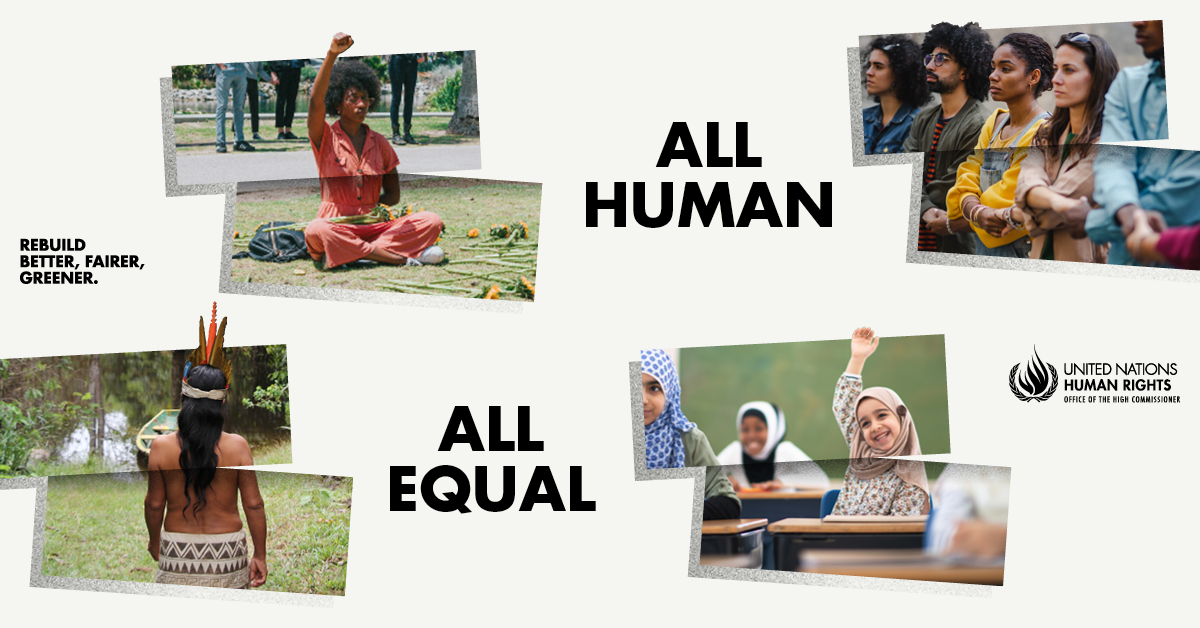On 10 December Human Rights Day is observed around the world, marking the 1948 adoption by the UN’s General Assembly of the Universal Declaration of Human Rights (UDHR) – a document representing the cornerstone of the contemporary human rights protection system.
Under the motto “All Human, All Equal”, this year’s event focuses on equality, enshrined in Article 1 of the UDHR – “All human beings are born free and equal in dignity and rights”. Centering around the theme of reducing inequalities and advancing human rights, it underscores the fact that the societies working to promote and protect everyone’s human rights while leaving no one behind are more resilient and equipped to weather unexpected crises such as the pandemic that has swiped both the country as well as the world at large in the past two years.
The pandemic has further exacerbated the already existing inequalities and has made vulnerable individuals and populations even more vulnerable and those already poor and excluded even more so. It has put a limit on various rights and freedoms, most pronouncedly the right to health and accessible health care, the freedom of movement and assembly, as well as the right to work, to privacy and to social security. Furthermore, it has demonstrated the importance of the access to information in times of crises as well as of the trust in the institutions and the building of that trust in pre-crisis periods. Finally, it has created new social rifts and has sparked debates on the definitions of freedom and discrimination.
At the same time, Croatia was struck by two devastating earthquakes, leaving a significant number of people homeless. These citizens need to be provided with the conditions to live in dignity as well as with the access to the basic human rights, such as health care, legal aid and social services.
Thus, today’s event serves as a new opportunity to remind all of us of the importance of human rights, which need to be embodied in laws and public policies adopted through dialogue with all crucial stakeholders and aimed at serving the citizens’ best interests. It is important to stress once more that we are all interconnected: the societies are only strong as much as their most vulnerable members and mutual solidarity is of paramount importance, especially in times of crises.
The state, its institutions and decision makers are especially responsible – both for the decisions they make as well as for the messages they convey.
Everyone – all branches of the government, independent institutions, civil society organizations, the media as well as the citizens – must protect human rights in line with the role each of these stakeholders plays in the society. The number of complaints the Office of the Ombudsman receives continues to rise, indicating both the growing number of problems the citizens are facing, but also their greater willingness to stand up for their rights. Thus, this day is an opportunity to further encourage them and to raise awareness of the importance of the protection of everyone’s human rights.


